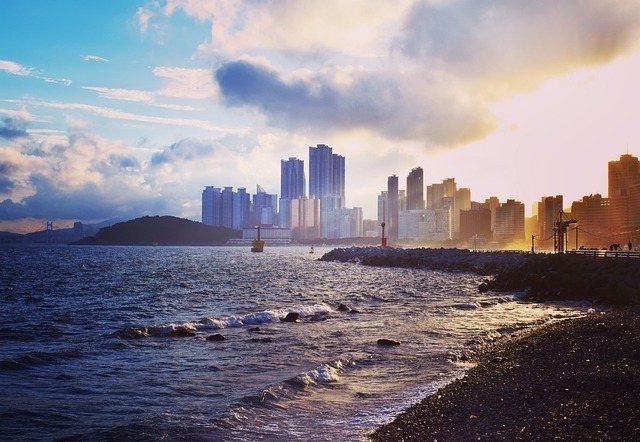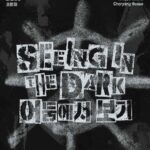Busan’s economy is showing alarming signs of strain, particularly in the retail sector, where the second quarter of this year saw a 2.7% decrease in retail sales compared to the same period last year. This drop represents the highest decline since the height of the COVID-19 pandemic and reflects a broader national trend where retail sales have plummeted by nearly 3%, the steepest drop in 15 years.
In Busan, the retail sales index for Q2 stood at 107.1 (based on 2020 = 100), marking a significant decline from previous quarters. This decline follows a year-long period of growth in 2022, during which the city’s retail sector showed signs of recovery. However, the positive trend reversed in Q1 2024, and the decline has continued into Q2. Nationally, the picture is even bleaker, with the retail sales index dropping to 102.0, continuing a record nine-quarter streak of declines—the longest in the history of the index.
The downturn is particularly evident in specific retail sectors in Busan. Department stores and large supermarkets, which are key components of the retail sales index, have reported significant drops of 6.3% and 3.5%, respectively. This decline is consistent with national trends, where categories such as passenger cars, clothing, and recreational goods have also seen substantial decreases.
Busan’s major commercial districts, especially those near universities, are bearing the brunt of these economic challenges. Once-thriving university neighborhoods are now facing increasing vacancy rates as businesses close down. For example, areas around Kyungsung and Pukyong National Universities, traditionally bustling with student activity, are seeing a rise in empty storefronts. Real estate agents in these areas report difficulties in finding tenants, with many landlords unable to secure new leases.
This trend is not confined to university areas. Across Busan, business closures are increasing as small business owners struggle to keep up with rising costs and changing consumer behaviors. The shift towards online shopping, exacerbated by the pandemic, has led to a decline in foot traffic in traditional shopping districts, further weakening the retail sector.
Several factors are contributing to this downturn. First, consumer behavior has shifted significantly, particularly among younger demographics. Students and younger consumers, who once spent considerable time and money in university districts, are now more inclined to shop online or visit more modern, trendy areas outside their traditional haunts. This shift has left many older, less trendy retail areas struggling to attract customers.
Moreover, economic pressures on businesses have intensified. Rising minimum wages and other operational costs are making it increasingly difficult for small business owners to stay afloat. Many are choosing to close their doors rather than continue operating at a loss. This is creating a vicious cycle where fewer businesses lead to less foot traffic, which in turn discourages new businesses from opening.
The decline in Busan’s retail sector is a microcosm of the broader economic challenges facing South Korea. The drop in retail sales and business closures is contributing to a slowdown in domestic consumption, a critical component of the nation’s GDP. In Q2 2024, South Korea’s GDP contracted by 0.2%, with domestic consumption indicators such as private consumption and investment all showing negative growth.
The continued decline in domestic demand, coupled with the challenges faced by small businesses, could have long-term implications for the South Korean economy. If these trends persist, they could lead to a more prolonged period of economic stagnation, particularly in regions like Busan that are heavily reliant on consumer spending.
Busan’s retail sector is facing significant challenges, with rising business closures and declining sales indicating broader economic struggles. To reverse this trend, targeted support and innovative strategies are essential, particularly those that cater to shifting consumer behaviors. The city must find ways to rejuvenate its commercial districts and attract foot traffic, especially from younger consumers. Without decisive action, Busan risks further economic decline, which could have lasting negative effects on both the local and national economy.



